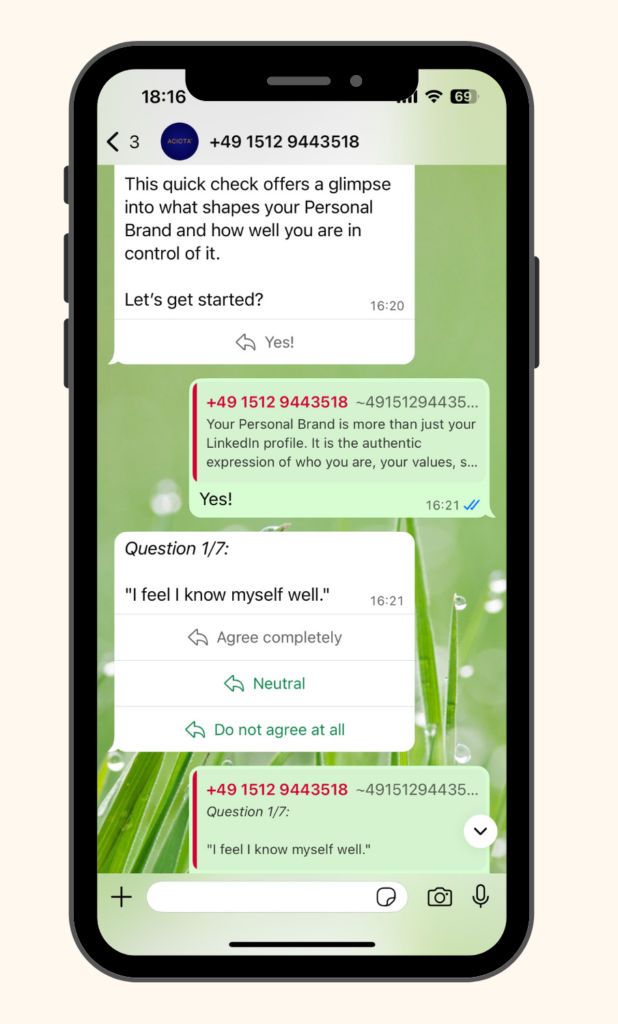If you’re looking for your first job or trying to get a raise, you might be tempted to say, “I haven’t had any experience.” While this may be true, it’s also a huge mistake. A lack of professional experience can hurt your chances of getting hired and earning more money in the long run. So what makes the professional experience so valuable?
What is professional experience? And what makes it valuable?
Professional experience is a combination of paid and unpaid work. The value of professional experience depends on the type of work, the company, and the role you’re in.
The value of a person’s professional experience comes from three main sources: skills gained, networks built, and a sense of ownership gained in that particular job or project.
Paid vs. unpaid experience
While it’s important to get as much experience as possible, not all experiences are created equal. When you’re looking for a job, the most valuable types of experience are those that can be translated into tangible skills on your resume and in interviews–you want to show that you have the knowledge and ability required for the position.
For example: if you’re applying for a design position and want to show off your design skills, then doing freelance work on the side will help build up your portfolio and demonstrate that you’re capable of executing creative projects under pressure. However, if all of your “design” work involves creating flyers or posters for local businesses (which doesn’t require any actual design skill), then this type of unpaid work won’t do anything for your career development–it’ll just fill up space on an already-packed resume without adding anything significant!
The value of your network
Your network is the most valuable asset you have. The people you know, be they colleagues or clients, are the ones who will help you get jobs, make connections and build your reputation.
It’s important to remember that your professional experience does not exist in a vacuum. It’s part of what makes up who you are as an employee or entrepreneur–but so are all of the other things: where you went to school; which classes or extracurricular activities were most meaningful; how well-connected (or unconnected) from others at school were? These factors also play into how others perceive us as professionals and can influence our opportunities for success later on in life.
Exposure to different skill sets
In your new position, you will be able to apply the skills that you learned in school. You will also learn new skills as a result of the work environment. This exposure is invaluable because it allows you to see the difference between an academic environment and the real-world application of those same concepts. In addition, this experience gives you insight into how well certain concepts fit into your own skill set and personality type so that when it comes time for another job search or even just deciding which classes to take next semester, there are no surprises!
A sense of ownership
The value of professional experience is not just in the paycheck but also in the sense of ownership that comes with it. When you work on a project, you can say, “I did that,” and mean it. You can take pride in your accomplishments because they’re yours–you created them or contributed to them and helped make them great. That’s an incredible feeling!
When we’re young, so many things are outside our control: what we look like, how others perceive us, and whether we get picked last at recess (or not at all). But when it comes to our careers, those things become much more under our control as adults–and we need to remember this if we want our careers’ successes (and failures) to matter as much as possible.
Professional experience is one of the most valuable things you can add to your résumé. It shows employers that you have worked in a professional environment, which means that you know how to work with others and follow directions. It also gives them insight into your personality. Finally, it allows them to see whether or not there are gaps in your knowledge base by showing what kinds of skills and knowledge sets are required for different positions within an organization.
While having professional experience might seem like an obvious asset when applying for jobs, many people overlook this fact because they don’t realize how important it really is until after they’ve graduated college or university and start looking for jobs themselves–and even then it may be difficult for some people who didn’t get any kind of paid internship during their studies!
To conclude, we can say that the value of professional experience is inestimable. It gives you a chance to learn from mistakes and provides opportunities to improve your skills by working on diverse projects with different people. With all this knowledge accumulated over time, you will be able to make better decisions when faced with new challenges at work or in life – which can only be beneficial for everyone involved!







